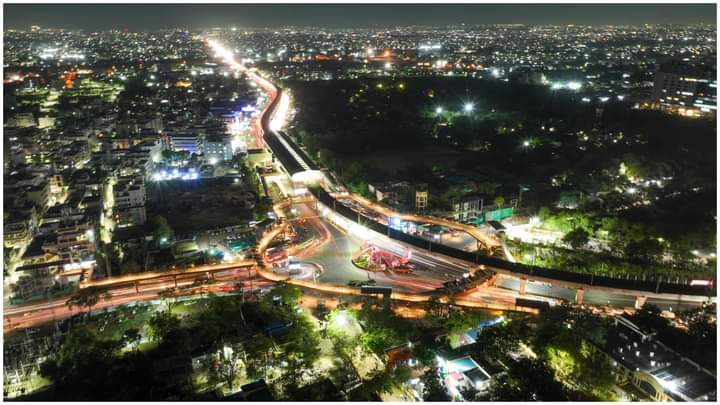Kempe Gowda, also known as Kempe Gowda I, was a prominent ruler and the founder of Bangalore (now Bengaluru), a major city in the southern Indian state of Karnataka. He was born in 1510 CE in Yelahanka, which is located in present-day Bangalore.
Kempe Gowda belonged to the Yelahanka Nadu, a principality under the Vijayanagara Empire. He inherited the reins of power from his father, Kempananje Gowda, and went on to establish his own kingdom. Kempe Gowda is renowned for his vision and administrative skills, which played a significant role in the development of Bangalore.

During his rule, Kempe Gowda laid the foundation of Bangalore Fort in 1537. The fort served as the central stronghold and nucleus of the emerging city. He also built an extensive network of tanks (artificial lakes), temples, markets, and other public amenities that facilitated the growth of the region.

Kempe Gowda’s rule as the feudal lord of Bangalore lasted for around four decades. His contributions to the city’s infrastructure and planning are highly regarded, and he is considered the key figure in shaping the early development of Bangalore.
Even today, Kempe Gowda’s legacy is celebrated in the city, with several statues and landmarks bearing his name as a tribute to his contributions.



